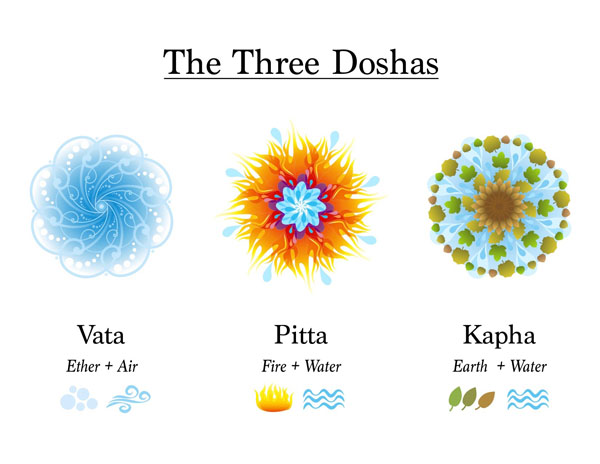During springtime, when Kapha is becoming lively in our environment, getting up early becomes more important than ever. During Vata season (late fall through early winter) we can get away with sleeping into the Kapha time of the day. Vata has been increasing in our mind/body system and a little Kapha influence can be grounding….
READ MORE →











